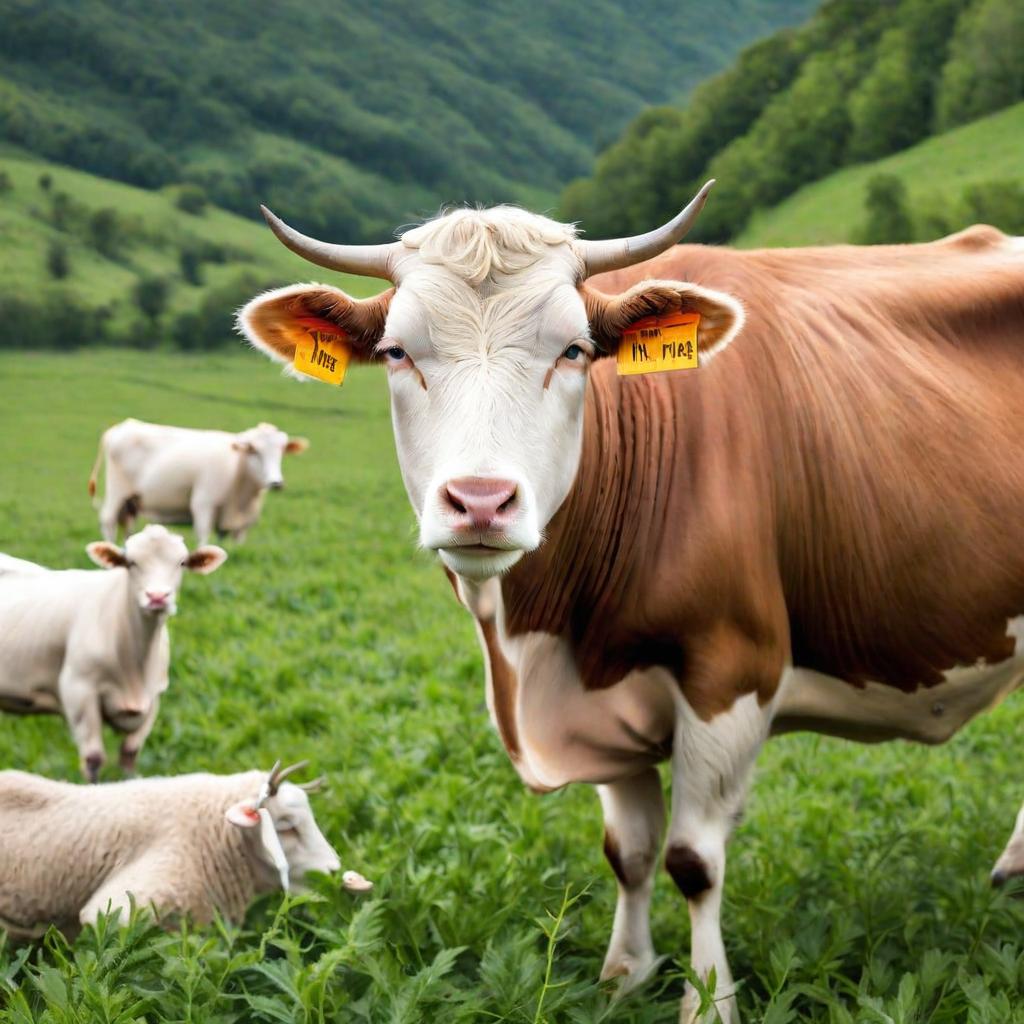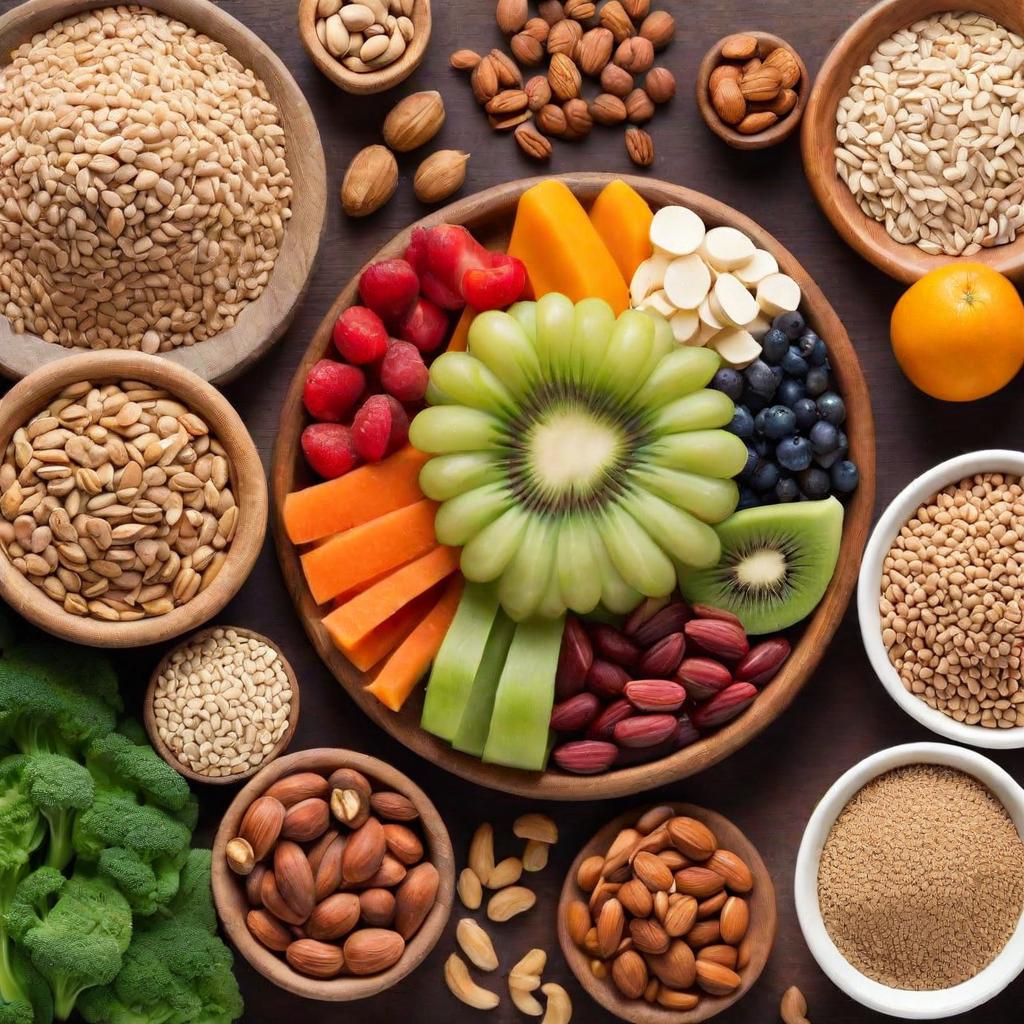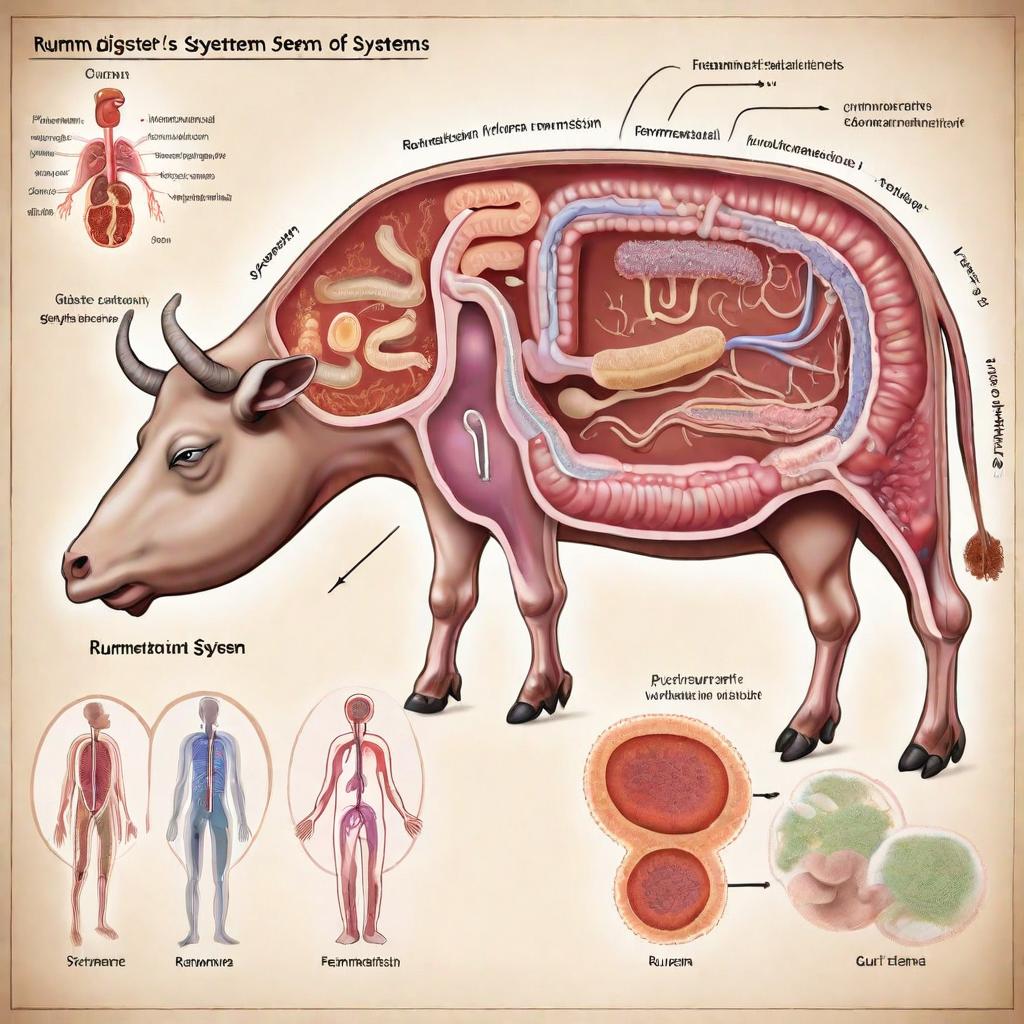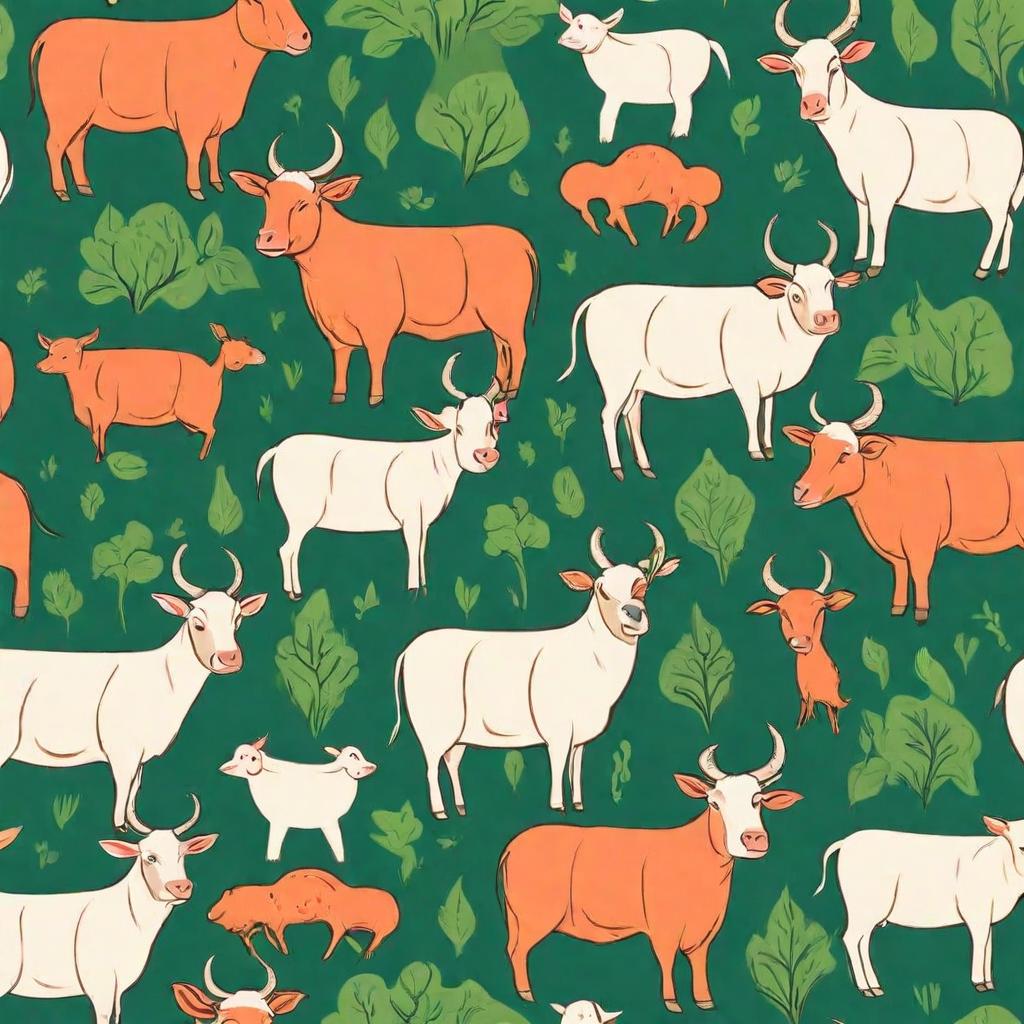Introduction:
Nature often provides us with valuable lessons that can inform our own behaviors and practices. One such lesson can be found in the eating habits of ruminant animals like cows, sheep, and goats. These animals have evolved a remarkable digestive system that allows them to thrive on diets composed primarily of fibrous plant material. By examining how ruminants consume and process their food, we can glean important insights that can help plant-based humans optimize their own diets for health, sustainability, and well-being.

Understanding Ruminant Digestion:
At the heart of a ruminant’s digestive system lies the rumen, a large fermentation chamber where microbial activity breaks down fibrous plant material. Ruminants follow a unique process of fermentation and regurgitation, allowing them to efficiently extract nutrients from grasses, leaves, and other roughage. This process not only enables ruminants to thrive on plant-based diets but also highlights the importance of digestive efficiency and nutrient extraction in sustaining life.
THESE ARE RULES FOR THOSE WHO ARE MOSTLY ON A PLANT BASE DIET
Lesson 1: Embrace Fiber-Rich Foods:
Ruminants’ diets are rich in fiber, which plays a crucial role in maintaining digestive health and overall well-being. Similarly, plant-based humans can benefit from incorporating a variety of fiber-rich foods into their diets, including fruits, vegetables, whole grains, legumes, nuts, and seeds. Fiber promotes satiety, regulates blood sugar levels, supports gut health, and reduces the risk of chronic diseases like heart disease, diabetes, and certain cancers.

Please note that if you decided on any plant base life style – one that is void of meat, fish, eggs, etc. then this rule is important. You NEED to get multiple types of fiber.
Meat eaters does not necessry have to worry about these. As Meat does not need all these microbiome organism in their digestive process as the Human body is not fully designed for fermentation process- a main rule of the plant kingdom.
Lesson 2: Promote Microbial Diversity:
The rumen of a ruminant is home to a diverse community of microorganisms that aid in the fermentation of plant material. This microbial diversity is essential for efficient digestion to make difficult nutritiens become unlocked or avaible for nutrient absorption ( basicially the break down complex compound into simple molecules) . Likewise, humans have their own complex ecosystem of gut bacteria that influence digestion, immune function, and overall health. Consuming a varied diet rich in plant foods can promote a diverse gut microbiome, which is associated with better health outcomes and reduced disease risk.

You need a higher amount of microbiome organism when you are on a plant base diet, as these are the only way you can extract your nutritional molecules from the food.
Again if you are void of meats in your diet this rule is more 100% for you. If you have a mixed diet, meat, plant and other substances, then you can follow this rule 30% of the time,specifically if you are taking a break from meats.
Lesson 3: Optimize Nutrient Availability:
Ruminants obtain essential nutrients like carbohydrates, proteins, fats, vitamins, and minerals from fermented plant material ( This done is a fermentation VAT of the Animal like cow and in slightly Alkaline PH evironment) . Similarly, plant-based humans need to ensure they’re getting a balanced intake of nutrients from plant sources to support their health and well-being. This includes paying attention to sources of protein, calcium, iron, vitamin B12, omega-3 fatty acids, and other nutrients that may be less abundant in a plant-based diet.
Plant base eaters, need to understand that plant cannot be diesgted by magic but by a range of bacteria/organism. Additionally, plant base eater will note that ruminants will eat a wide variety of grass, fermement (in an alkaline envronment) these before they can pass it along for “true acidic” digestion.
If you are a plant base eater, these thing has to be done correctly. eg. Fermenting your multiple beans in a little sodium bicarbonate for 24 to 48 hours will unlock the enzymes that can digest the beans, so when you eat you get the various molecules from the beans.
Meat eating type or mix type eater can also benefit from this rule,but the presents of sufficient meats, fish eggs, liver etc will create a more relax mode of life. After all the animals did most of the work to create the necessary compoment in their meat, liver, and bones, eggs, milk.
Please note animals that is eating grass etc. not those manufactured in the sky lab.
Conclusion:
The eating habits of ruminant animals offer valuable lessons that can inform and inspire plant-based humans in their dietary choices. By embracing fiber-rich foods, promoting microbial diversity, optimizing nutrient availability, and considering the environmental impact of our food choices, we can create diets that are not only nourishing for ourselves but also sustainable for the planet. Let’s learn from nature and cultivate diets that honor the wisdom of the natural world.

Please feel free to comment directly on tic tok video for this myticle.